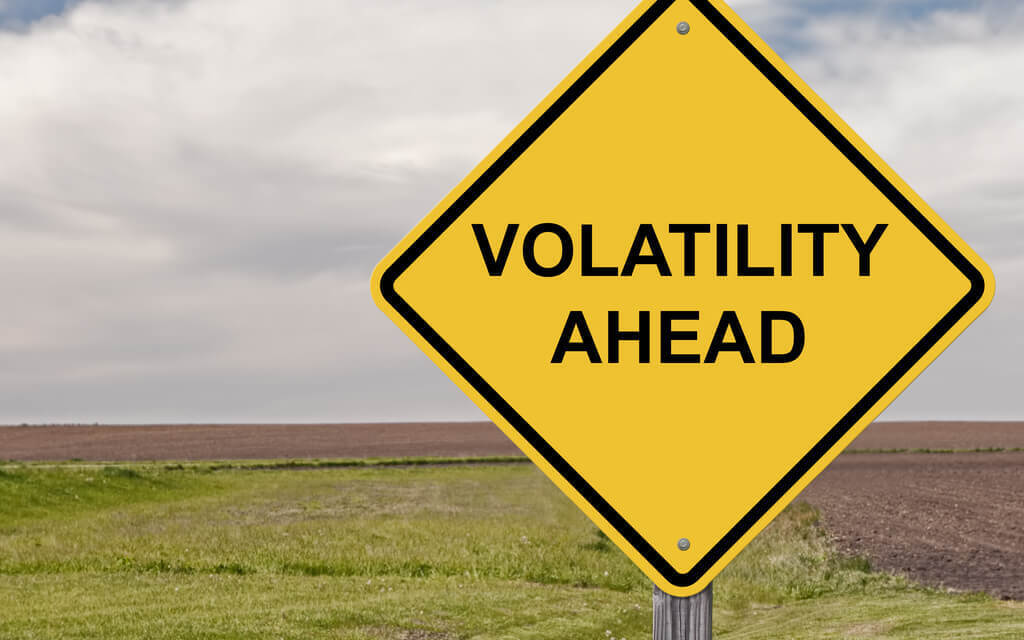Market volatility is nothing new. But every time it hits or a market crash looks impending, it brings fresh fear.
The recent tariff announcements by the US have once again thrown global markets into a state of turbulence. With US markets correcting sharply and renewed concerns about a potential recession, investors across the globe are feeling the pressure.
This is understandable. Uncertainty fuels speculation. Speculation leads to market fluctuations. And these fluctuations, in turn, deepen the sense of fear and confusion.
But if you’ve been investing long enough, you’ve seen this movie before.
Flashback to March 2020: The COVID Crisis
Almost five years ago to the day, the world was gripped by fear—not just of financial loss, but of something much deeper: the loss of lives. The COVID-19 pandemic triggered a market crash and widespread panic.
And yet, we recovered.
What we said then still holds true today.
| In the long term, which is what matters, there are 3 schools of thought Things are going to hell in a handbasket. There is opportunity And a more zen “we’ve seen this before” … The history of the stock market is a series of ups and downs (many sharp ones). These movements happen because the above 3 camps always exist in the market and on any given day one of them has more followers than the other. But none of them really know whether they are right .… it’s difficult to answer the real question: What will happen after 12 or 18 months? Read more.. |
What should you do?
At Scripbox, we’ve always believed in a simple philosophy:
Prepare. Don’t Predict.
If you’ve followed our recommended approach of financial planning and asset allocation, you’re already prepared for moments like these.
Here’s what your plan should have in place:
✅ Personalised financial plan crafted using our online tool
✅ Well-stocked emergency fund
✅ A growth strategy aligned to your risk profile
✅ Asset allocation that matches this strategy
These aren’t just checkboxes—they’re your toolkit for weathering any financial storm.
Need help reviewing or setting up any of these? Our team is available 8 am to 8 pm, 7 days a week to guide you.
Should you sell some equity?
This is a question that comes up often in turbulent times.
But here’s the thing: the best and the worst days in the market often come back-to-back. Selling on a bad day may mean missing out on the rebound that could follow soon after.
Markets tend to recover before the world returns to “normal.” All it takes is one positive trigger—like a vaccine announcement during COVID, or a breakthrough in global trade policy today—for sentiment to flip.
However, if your equity exposure feels too high and is making you anxious, it might be time to reassess your asset allocation. Use your recommended growth strategy as a benchmark to determine whether your equity levels align with your personal comfort and financial goals.
In Summary
Volatility is part of investing. It’s not a bug in the system—it’s a feature. And while we can’t control market movements, we can control our reactions.
Stick to your plan. Stay diversified. Focus on the long term.

















Show comments